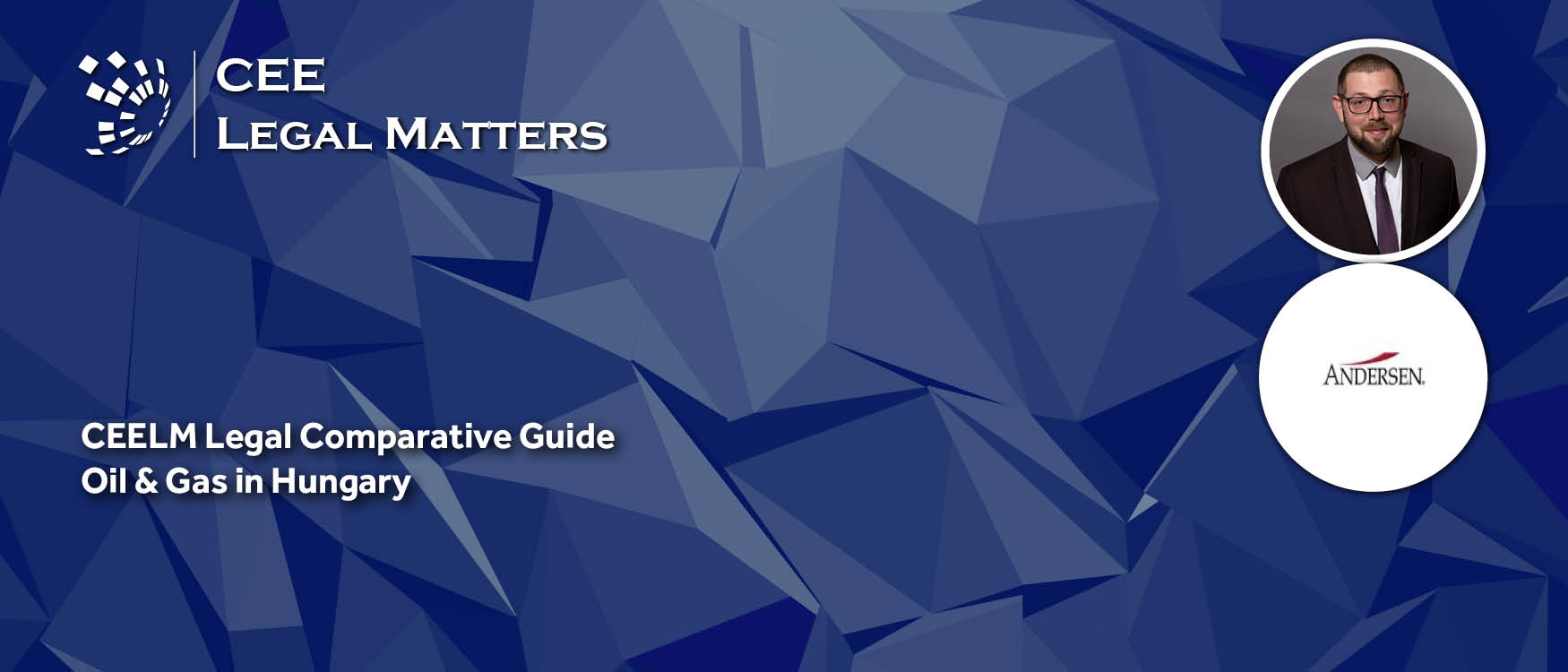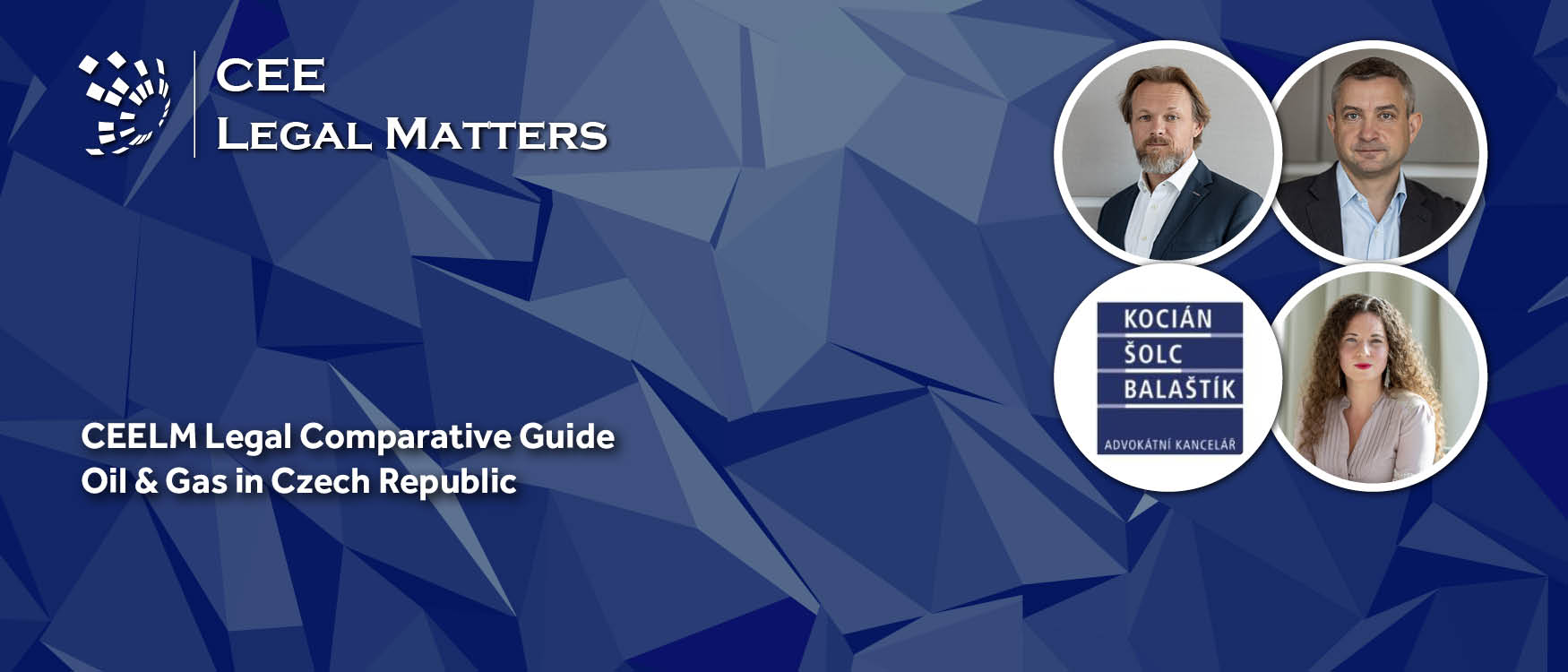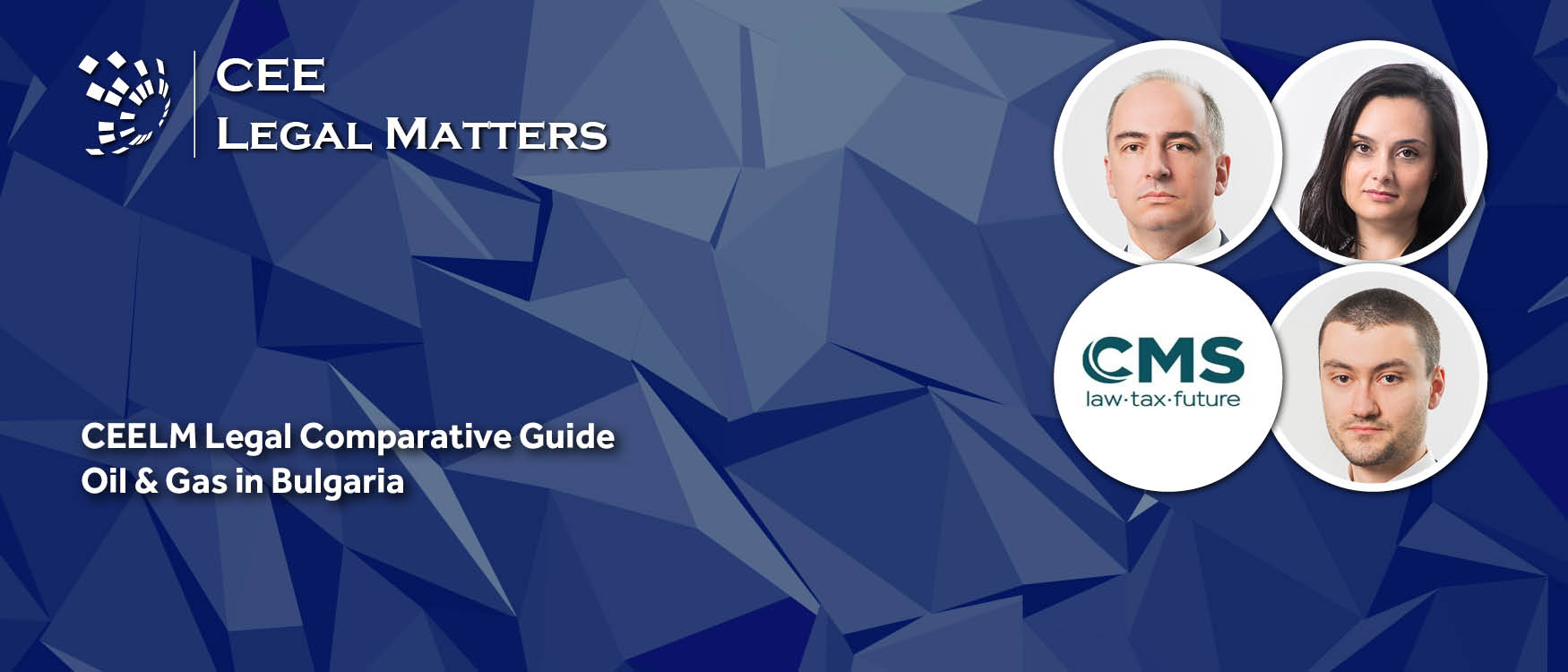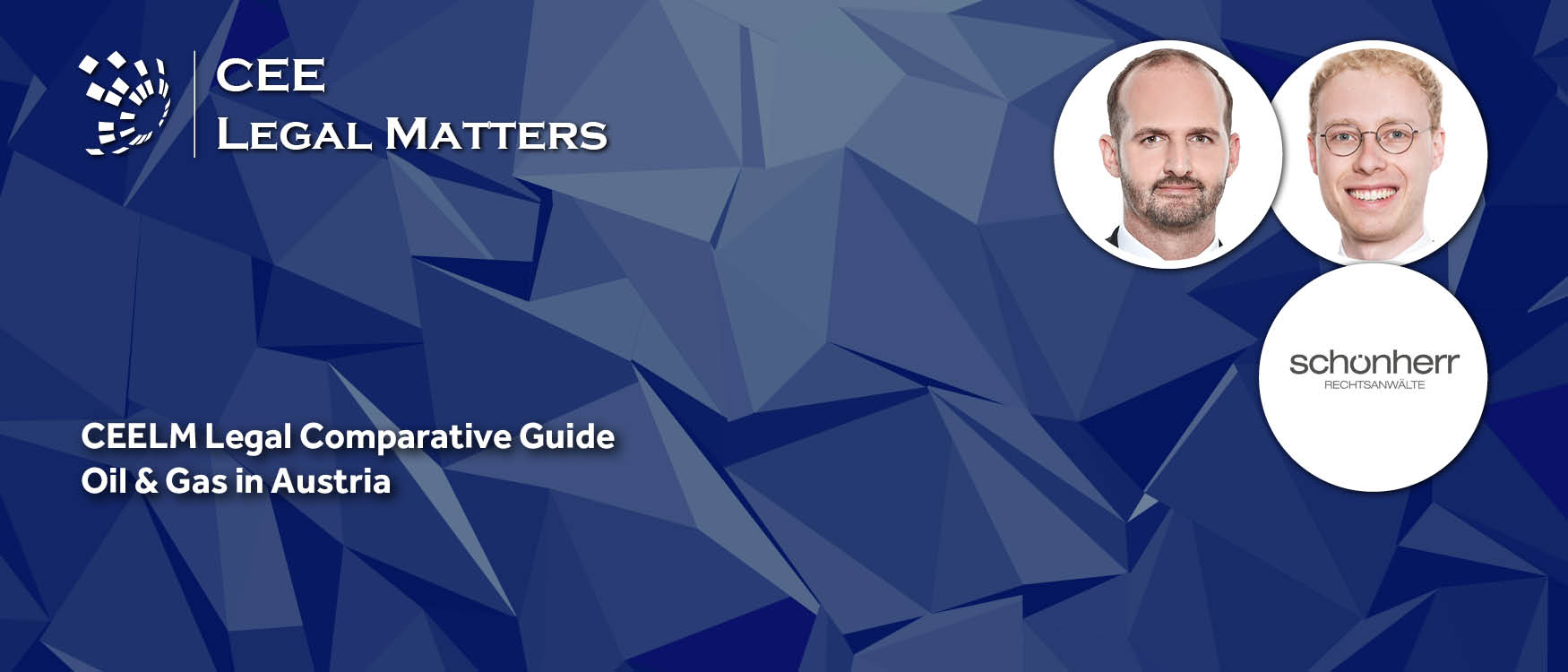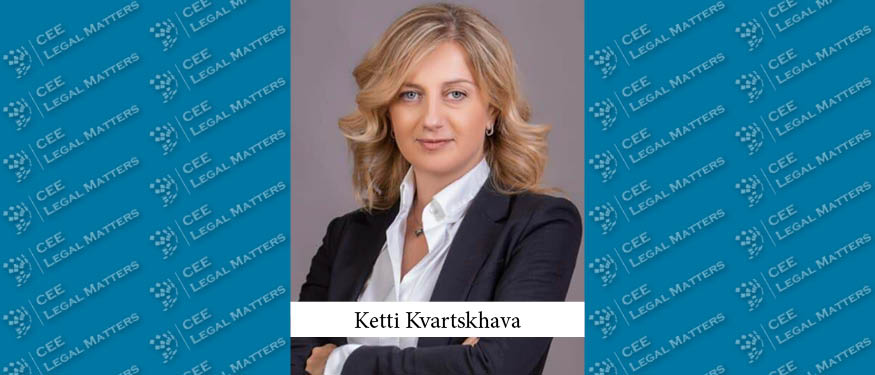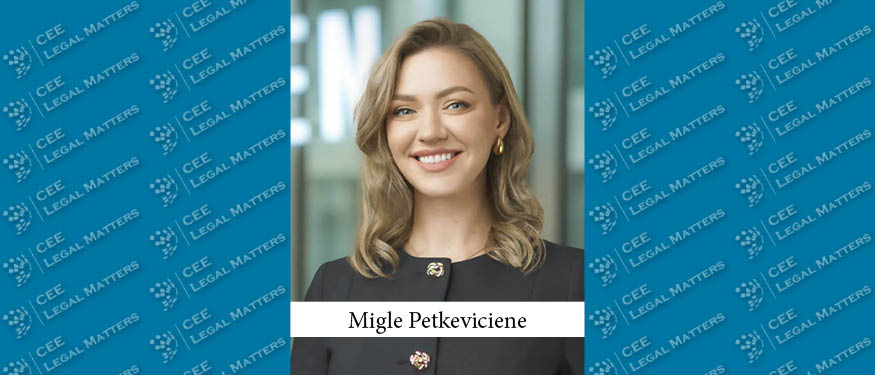Contributed by Szabo Kelemen & Partners Andersen Attorneys.
Oil & Gas Laws and Regulations in Czech Republic
Contributed by Kocian Solc Balastik.
Oil & Gas Laws and Regulations in Bulgaria
Contributed by CMS.
Oil & Gas Laws and Regulations in Austria
Contributed by Schoenherr.

